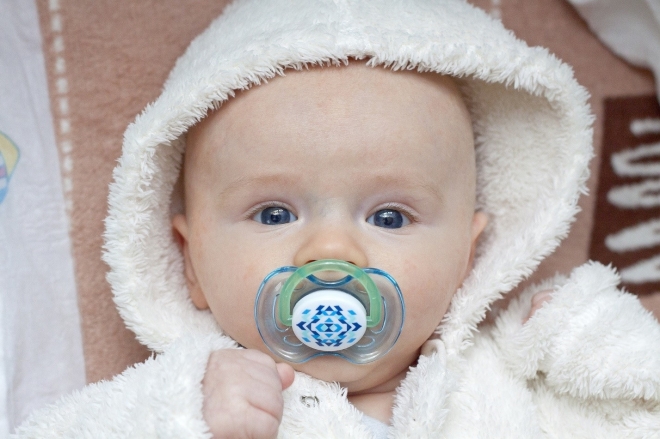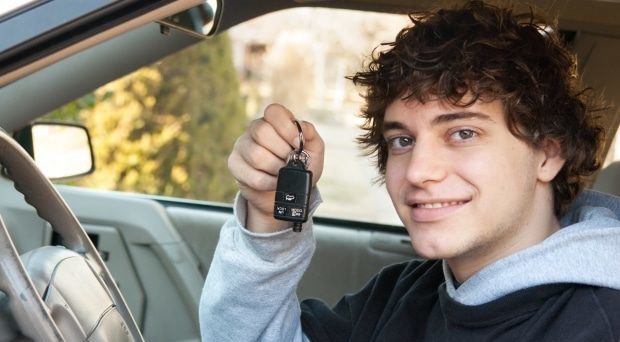Are Pacifiers Harming Your Baby?
Giving babies pacifiers is a common concern among many parents. Are they going to become dependent on it?
Will it cause dental problems later on? Is there anything wrong with giving them a pacifier?
These are all valid concerns. Now, we’re going to give you the answers you’ve been searching for.
If all they did was prematurely cause dental and oral health issues, they would all be recalled – at least we hope they would! Pacifiers can be very beneficial to your baby, which is probably music to your ears if you have a baby who can’t live without one.
The Good
- Pacifiers can Soothe Fussing Babies. As you’ve probably experienced, pacifiers have a calming effect on babies. From their time in the womb, babies have a sucking reflex. They often start on anything they can get in their mouth. A pacifier helps here, especially since it is much simpler to wean a child off of a pacifier than their thumb, but more on that later.
- Pacifiers can Reduce the Risk of SIDS.
When a baby has a pacifier in their mouth, they can’t bury their face in blankets or the mattress because it bulks out.
- Pacifiers Help Babies Fall Asleep. Now, this doesn’t work for all babies. Pacifiers can help a baby fall asleep because of the calming effect mentioned previously.
- Pacifiers can Ease Discomfort During a Flight or High Altitude Drive. Do you drive through the mountains often or plan on taking a flight with your baby? The sucking motion can help “pop” a baby’s ears since they can’t do this on their own.
- Pacifier use Increases Saliva Production. Saliva is a natural antacid. Saliva can help if you have a baby who experiences acid reflux.
- Pacifiers are Disposable. Unlike their thumb, a pacifier can be thrown away as the child grows into a toddler and out of the proper age when they should have a pacifier.
The Bad
- Early Pacifier Use can Cause Problems with Breastfeeding. It is best to wait a few weeks before introducing your baby to a pacifier to allow them to get used to breastfeeding.
- Your Baby Might become Dependent on it. They might wake up in the middle of the night crying because their pacifier has fallen out of their mouth. If you find this happening often, you might want to wean your baby off of it to protect your sanity.
- Dental Issues can Arise with Prolonged Use. When children use a pacifier beyond the age of two it can lead to dental and oral health problems. This age is a critical developmental time for a child physically and a pacifier, much like thumb sucking, can lead to alignment issues with the jaw and teeth.
When Should I Wean my Baby off the Pacifier?
The easiest time to wean your baby off a pacifier is around 5-6 months old. However, that might be when you feel you need it the most, to help soothe them or help them sleep.
But every child is different, so once your baby has developed teeth, ask your pediatric dentist for their recommendation. They will be able to tell if developmental issues have already started to occur.
For some technical help to wean your child off their pacifier, check out these 10 tips.
Are you tired? Even though your newborn sleeps a lot – as much as 17 hours a day, you still feel exhausted because your new child isn’t sleeping for more than one to two hour stretches at a time. Get tips for helping your baby establish positive sleep habits.






